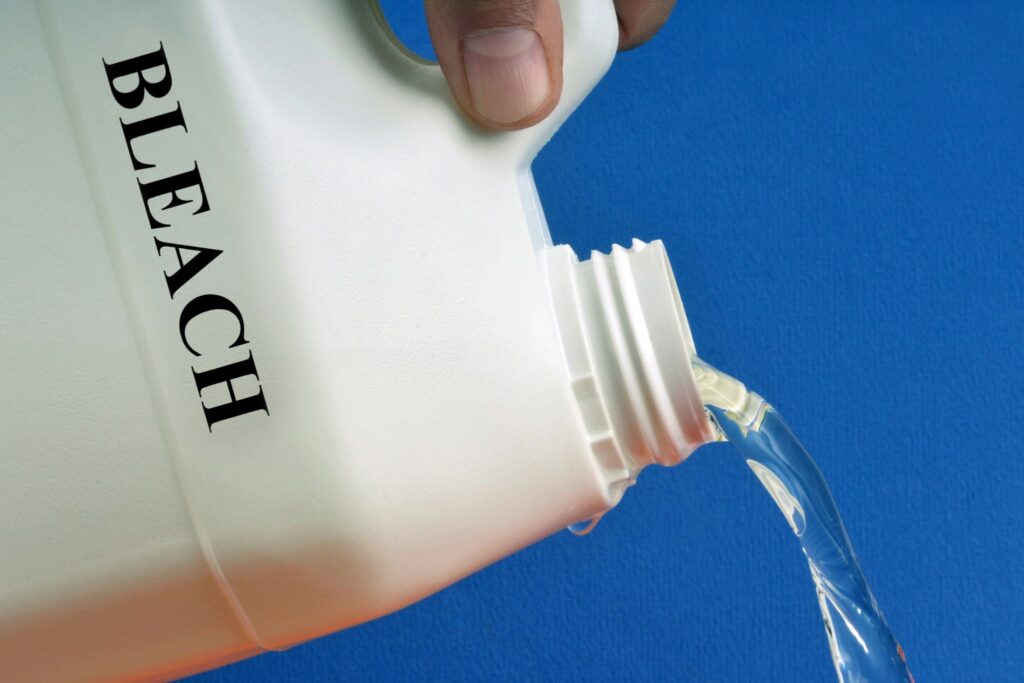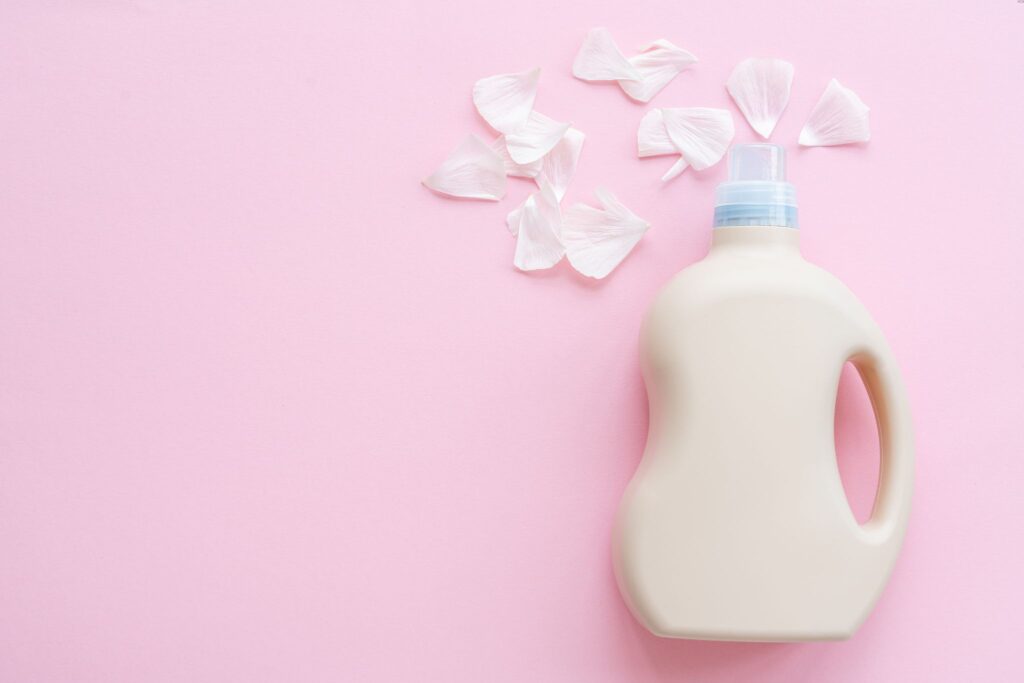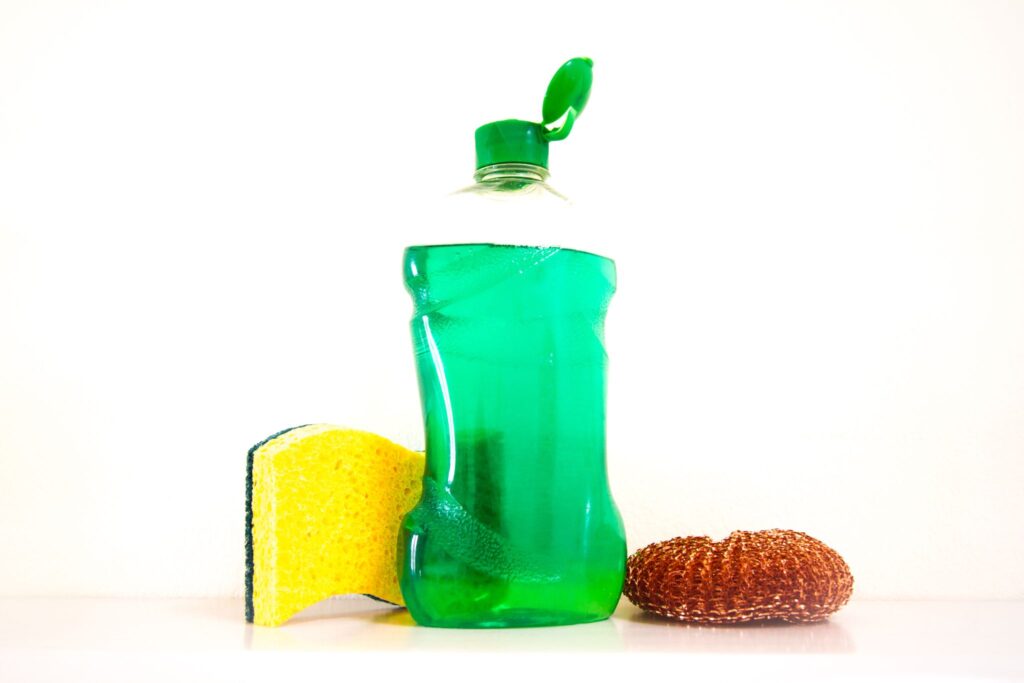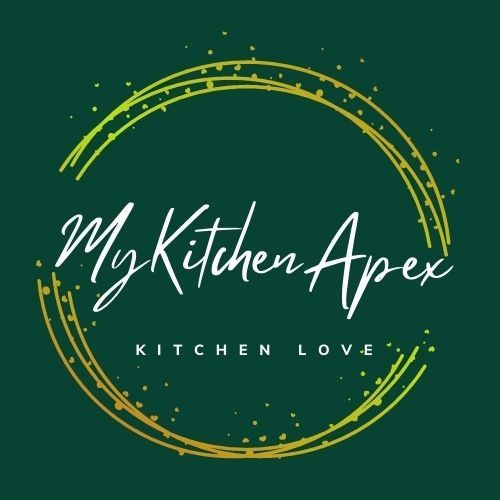Originally Created on: June 6, 2023 @ 9:06 am
Can you mix bleach and dish soap? When you are on a cleaning spree, it’s easy to be tempted to mix bleach and dish soap to create a stronger cleaning solution. But is this mixture safe?
As you already know, dish soap and bleach are made using different chemical ingredients. Therefore, a reaction may occur when you mix bleach and dish wash soap.
We are living in an era where homeowners are using lots of ingredients to make DIY cleaners. Considering how effective both bleach and dish wash soap are at cleaning grease and disinfecting surfaces, a mixture of these two products would undeniably be extremely powerful.
Before you mix these two cleaning agents, it’s crucial to do a little more research.
In today’s post, we will discuss in-depth, whether it’s okay to mix bleach and dish soap, and everything else you may need to know about combining these products.
You May Also Like: Can You Microwave Salt Dough? [Ultimate GUIDE + 6 Steps]
Table of Content
Can You Mix Bleach and Dish Soap?
You should never mix bleach and dish soap no matter the circumstances. These two cleaning products should be used separately.
If you look at most household bleaches like Clorox, they strongly advise against the mixing of bleach and dish soap. The same warning has also been made by the CDC and several acknowledged physicians.
The main reason you should never mix bleach and dish soap is because a combination of these two cleaners produces a toxic gas known as chloramine.
When this toxic gas is inhaled, it can lead to several side effects like vomiting, nausea, irritation of the eyes, and headaches.
This toxic gas that is produced when you mix bleach and dish soap is more harmful to kids and those living with underlying conditions. Therefore, it won’t only affect you, but this mixture is harmful to your entire family.
To prove how unsafe mixing bleach and dish soap is, the Centers for Disease Control has issued a stern warning against the mixing of cleaners with household bleach and other disinfectants.
Dish soap or bleach, are both strong cleaners. If you are dealing with stubborn stains, combining dish soap with warm water should be effective enough.
As for bleach, it’s already a strong disinfectant that doesn’t need to be mixed with another product.
Can You Wash Dishes with Bleach and Soap?

Of late, there are lots of discussions online about sanitizing dishes with bleach and soap.
However, in an attempt to disinfect your dishes, you may be putting your family’s health at risk.
We wouldn’t advise you to wash dishes with bleach and soap and here are the reasons why;
• A mixture of dish soap and bleach releases a toxic gas known as chloramine. This is the first health risk that is associated with washing dishes with bleach and soap.
A combination of dishwashing soap and bleach releases a toxic gas that can lead to severe side effects. Remember, the longer you wash dishes with bleach and soap, the more you inhale this toxic fume.
• Bleach can accidentally get into your eyes. Washing dishes is a pretty rigorous activity and splashes of bleach can get into your eyes causing some severe irritation and redness.
• Because bleach has a high alkaline level, when you use it and soap to wash dishes, there is a high chance it will harm your skin.
• You risk ingesting some bleach if you don’t clean the dishes carefully after sanitizing them.
The problem with sanitizing dishes with bleach is that you can miss some spots when rinsing them after. These particles will go directly into your stomach.
When you evaluate all these risks, washing dishes with bleach and soap isn’t worth it. Yes, it will disinfect the dishes.
But you risk hurting your internal organs such as the lungs, eyes, skin, and stomach. Instead of using bleach, you should sanitize your dishes with hot water. It’s a much safer cleaning solution than bleach.
What Happens If You Mix Bleach and Dish Soap?
When you mix dish soap and bleach, a chemical reaction occurs which produces a toxic gas known as chloramine.
Most dish soaps contain ammonia. However, it is not mentioned as a key ingredient. When ammonia and chlorine are put together, they react chemically to produce the gas mentioned above.
It’s this chloramine that will cause side effects such as vomiting and nausea when inhaled. The amount of chloramine produced and its severity heavily depend on the concentration of either ammonia or chlorine in bleach and dish soap.
Should both be in high amounts, more chloramine will be produced and you may experience severe side effects like shortness of breath, wheezing, and chest pains.
This clearly highlights how unsafe mixing bleach and dish soap can be. Therefore, the only people who are exempted from making such a combination are chemists who can anticipate what may go wrong.
Dishwashing Detergent with Bleach

Brands that make dishwashing soaps are familiar with the dangers of using both chlorine and ammonia. This is why you will never spot chlorine listed as an ingredient in any dishwashing detergent.
Generally, dishwashing detergents have a wide range of ingredients such as sodium borate, sodium chloride, glycerin, propylene glycol, and ammonia. But you will never find bleach or chlorine listed as an ingredient.
Also Read: Can You Keep Pizza Rolls in the Fridge (Truth + COMPLETE Guide)
A good practice homeowners should adopt is going through the list of ingredients in dishwashing detergents before buying them.
This will let you know if chlorine is present. It is a full-proof technique of confirming whether a dishwashing detergent is bleach-free.
What Dish Soap Can Be Mixed with Bleach?

The only type of dish soap that you can mix with bleach is the one that doesn’t contain ammonia.
As mentioned earlier, ammonia is the key ingredient in dish soap that reacts with bleach to produce the toxic gas, chloramine. Therefore, provided a particular dish soap is free of ammonia, you can mix it with bleach.
Also Read: Can You Microwave Wood Bowls? [What No One TELLS You]
Besides ammonia, dishwashing soaps these days are made using a wide range of ingredients.
Therefore, not unless you are a certified chemist, it can be challenging to predict how some ingredients will react when mixed with chlorine. To ensure your safety, avoid mixing bleach with dish soap altogether.
Conclusion
We can all agree that a mixture of bleach and dish soap can create a powerful cleaner that will cut through all stubborn stains.
However, the presence of ammonia in dish soap and chlorine in bleach can react to produce a lethal gas.
Therefore, it’s not safe for you to mix these two products. Instead, you should use them separately.

![Can You Mix Bleach And Dish Soap? [The TRUTH + 4 BONUS Tips]](https://mykitchenapex.com/wp-content/uploads/2023/06/Can-You-Mix-Bleach-And-Dish-Soap-The-TRUTH-4-BONUS-Tips-.jpg)